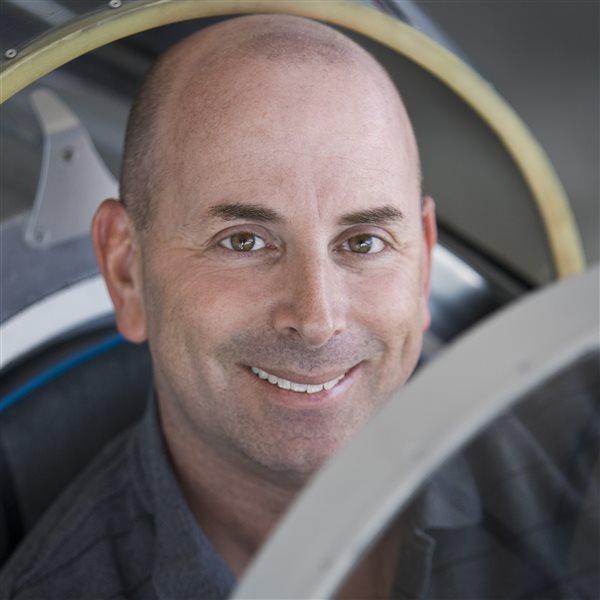US Air Force demo squadron launches new show
First overhaul in decades tells a story
The U.S. Air Force Thunderbirds have redesigned their airshow demonstrations to present a shorter, tighter, more intense show that “tells a story,” team members said.

The U.S. Air Force Thunderbirds, pictured here performing at EAA AirVenture in Oshkosh, Wisconsin, in 2019, have redesigned their airshow demonstrations for 2021. This marks the third significant redesign in the team’s history. Photo by David Tulis.
“We started with the [spectator] experience in mind,” said the Thunderbirds lead pilot Col. John Caldwell, who sought to make the performances “more coherent,” and not just a collection of individual maneuvers.
High-speed, crossing maneuvers from multiple directions are next, followed by a graceful interlude in which all six single-engine jets fly together with as little as 18 inches of separation between them.
“The performance builds in complexity over time,” said Maj. Zane Taylor, who flies the right wing position. “Every maneuver has a purpose . . . and the whole performance tells a story.”
The Thunderbirds consulted former team members as well as The Walt Disney Co. and the International Council of Airshows in developing the new routine. They shortened the ground portion of each performance and incorporated more hand signals, eliminated six maneuvers, and trimmed 20 minutes from what used to be a 90-minute show.
“It’s easy to add to a show,” Caldwell said. “It’s hard to cut things out.”
The changes are among the most significant in the demonstration team’s history. The first was when the jet team was formed in 1953, and the second was in 1983, when members began flying F–16s.
The group also made changes in its “low” and “flat” shows to better align them with performances flown in good weather—and all of them contain new music and narration.
Each performance contains the traditional four-ship “diamond” formation and two opposing solos. And don’t let the sweeping, graceful maneuvers lull you into complacency.
The group’s signature “sneak pass,” in which an F–16 comes up from behind the crowd in afterburner at nearly the speed of sound, is still part of the repertoire.
“If you liked the sneak pass,” Taylor said, “you’ll love the new show.”



